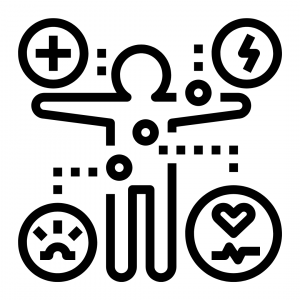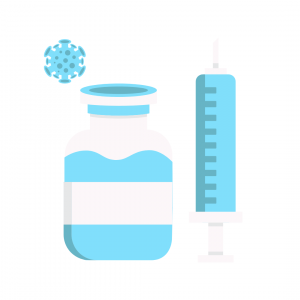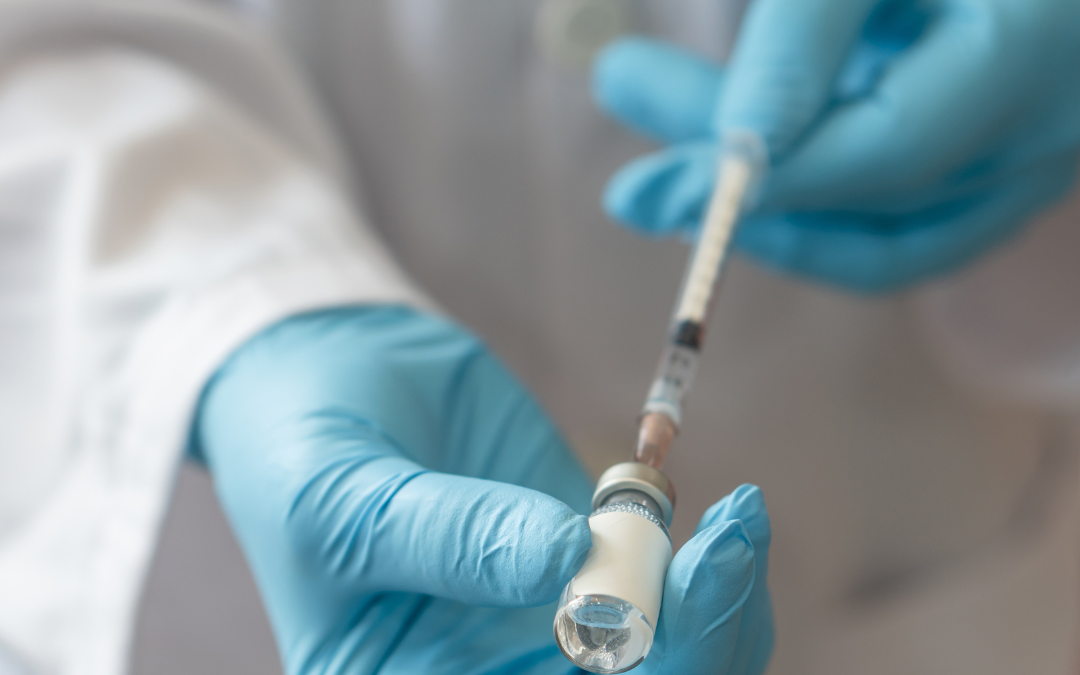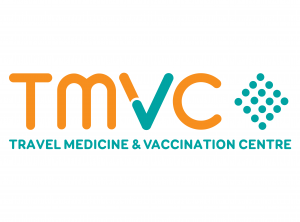It’s hard to turn on the news these days without hearing about measles. It’s one of the most contagious diseases known and has made a global comeback in the last few years. The news has widely reported the recent outbreaks in Europe that surpassed 30,00 cases in 2023. But measles is much more than just a European health risk. Did you know that the top countries with measles outbreaks at the end of 2023 include India with 12,301 cases and Indonesia with 3,205 cases (this includes Bali). Measles outbreaks are happening in almost every country worldwide, so consider yourself at risk no matter where you travel.
Thankfully Canada hasn’t made the top 10 list but we are not spared from our share of cases. In 2024 there have been cases in several provinces including Ontario, Quebec, Saskatchewan, and BC. As of February 23, 2024 the Chief Public Health Officer of Canada reported 6 cases in Canada. Less than one month later that number is up to 18 cases in Quebec alone. The increase in cases can be partly blamed by a decrease in measles vaccinations throughout the pandemic. Unvaccinated travellers can import measles from countries with outbreaks resulting in the spread of the disease within Canada. Measles is so contagious that 9 out of 10 people who do not have immunity to the disease will become infected if exposed to the virus.
In this blog I’ll tell you about more this extremely contagious and potentially serious disease. I’ll also tell you about the measles vaccine to help you determine if you should get vaccinated.
More Than Just a Rash

- Brain damage
- Ear infection
- Deafness
- Pneumonia
- Respiratory failure
- Severe diarrhea and dehydration
- Death
About 1 to 3 in 3,000 people with measles can die from complications. The risk of complications is higher for children younger than 5 years of age, pregnant women, and those who are immunocompromised. According to the World Health Organization there were 2.6 million deaths worldwide every year before the introduction of the measles vaccine in 1963. Despite the availability of an effective vaccine there are still 9.7 million cases worldwide each year, including in travellers.
Highly Contagious
The measles virus is airborne and is one of the most contagious diseases known. It is easily spread from person to person by aerosolized droplets through the air when an infected person sneezes, coughs, talks, or even just breathes. People can spread the virus before they show any symptoms of measles, and the virus remains contagious in the air and on surfaces for several hours. Measles infection is most likely to happen in people who are not immune to the disease and travel to countries with measles outbreaks. These travellers can then bring the disease back to Canada where it can potentially spread within the community. Over 90% of people exposed will develop the disease if they are not already immune.
The Measles Vaccine

The measles, mumps, rubella (MMR) vaccine contains a weakened form of the viruses. Common reactions to the vaccine include redness, tenderness, and swelling at the injection site, fever, headache, rash, sore muscles, and a rash. Some women may also experience temporary joint pain.
Some people should not receive the MMR vaccine including:
- Infants younger than 6 months of age
- Pregnant women
- People who are immunocompromised
- People who had a severe reaction to a previous dose of the vaccine or are allergic to any component of the vaccine
Community Immunity
Community immunity, also known as herd immunity, helps to protect those around you who cannot be vaccinated. Getting vaccinated for measles not only protects you from getting the disease but also helps to protect other people in your community who cannot receive the vaccine. Since measles is so contagious at least 95% of the population need to be immunized to achieve community immunity.
Do You Need a Measles Vaccine?
It can be difficult to know whether you need the MMR vaccine, especially if you may not have a childhood vaccine record. The need to get vaccinated for measles generally depends on your birth year:
- If you were born before 1970 you are considered naturally immune to measles as there were high levels of measles circulating in Canada before this time (prior to 1957 if travelling).
- Everyone born after 1970 should have 2 doses of a measles containing vaccine.
- If you were born in 1996 or later you should have received 2 doses of the MMR vaccine with your routine vaccines. Children should be up to date with their routine vaccines before travelling.
- Infants who are travelling internationally can receive an early dose of MMR between 6 to 11 months of age for short protection.
If unsure, contact your local Public Health Unit or contact TMVC for an assessment.
How to Book an Appointment for the MMR Vaccine
Children and adolescents younger than 18 years of age should book an appointment for the MMR vaccine at their local Public Health Unit.
Adults needing the MMR vaccine can receive the vaccine at a pharmacy or book an appointment at any of TMVC’s clinic locations. If you’re travelling internationally there may be other vaccines recommended for your trip so it’s a good idea to book a travel consult. Simply call us at 1-888-288-8682 or book online.





